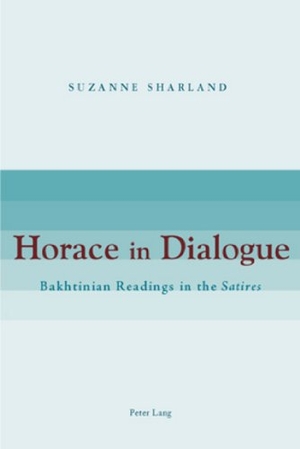Für statistische Zwecke und um bestmögliche Funktionalität zu bieten, speichert diese Website Cookies auf Ihrem Gerät. Das Speichern von Cookies kann in den Browser-Einstellungen deaktiviert werden. Wenn Sie die Website weiter nutzen, stimmen Sie der Verwendung von Cookies zu.
Cookie akzeptieren
- Peter Lang
- 2009
- Taschenbuch
- 360 Seiten
- ISBN 9783039119462
Horace¿s Satires have a distinctly dialogic quality ¿ not for nothing does Horace himself choose to call these poems sermones, ¿conversations¿. Even when formally presented as monologues, the Satires seem to be speeches actively addressed to their recipients, cognisant of their audiences, and full of the ¿voices¿ of others. This book applies theories on dialogue by the twentieth- century Russian thinker Mikhail Bakhtin to Horace¿s Satires. Bakhtinian key concepts such as polyphony, heteroglossia, addressivity and authoritative discourse are investigated and found to be useful in understanding Horace¿s work. Far from getting bogged down in theory, however, this is a book which uses some of Bakhtin¿s ideas
Mehr
Weniger
zzgl. Versand
in Kürze